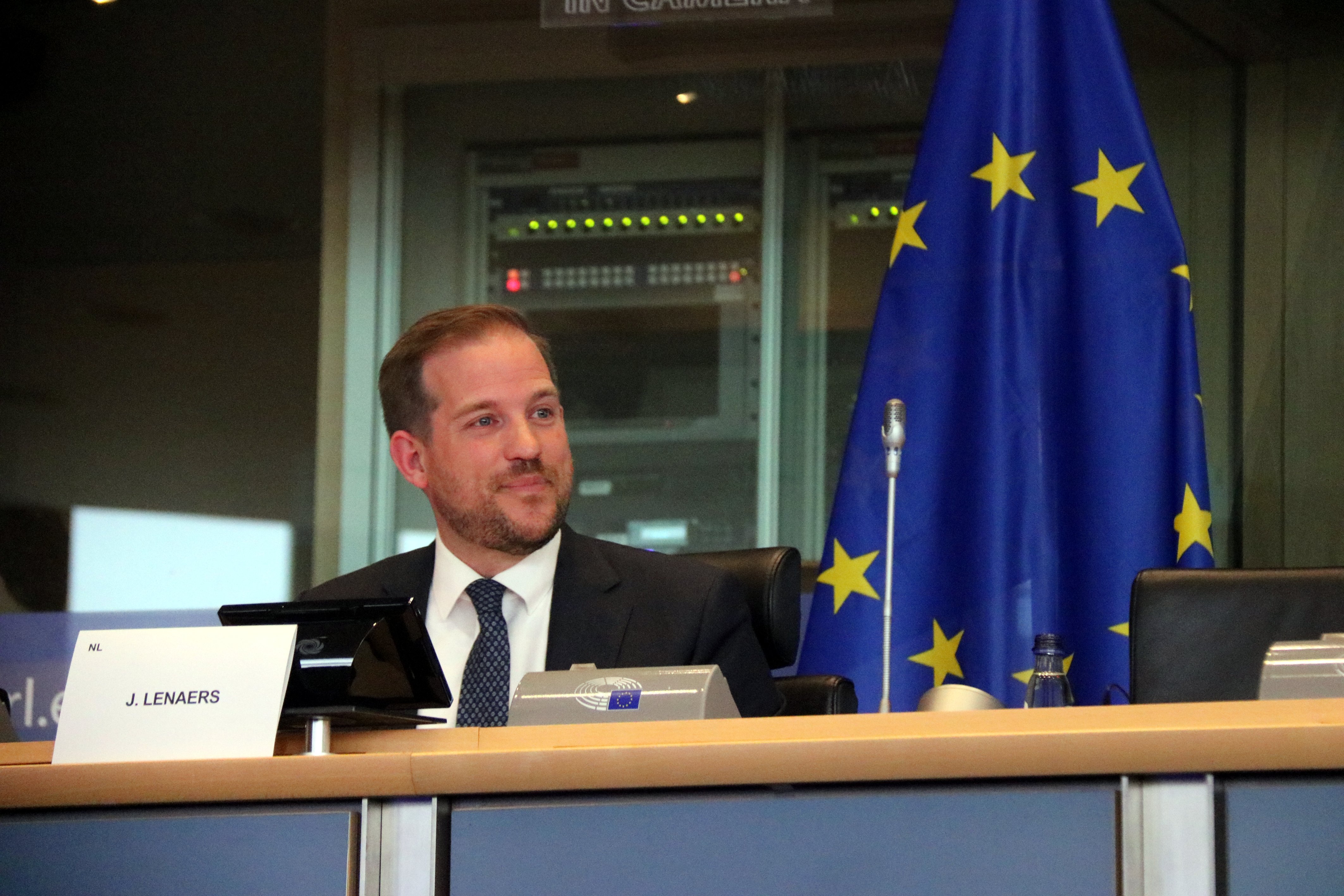The committee of the European Parliament investigating the use of Pegasus spyware has expressed its concern about the lack of cooperation by the different national governments in declassifying information that could be useful in revealing who authorized the espionage, one of the major questions behind these cases. "We expected more cooperation from governments, but we haven't seen it," said the spokesperson and MEP of the Renew Europe group, Sophia In 't Veld, in a press conference after the committee's visits to Cyprus and Greece. In fact, the Dutch parliamentarian has stated that the committee will not know the whole truth about the use of Pegasus "until the official authorities are willing to share the information", something that does not seem likely to happen soon given these criticisms. In the case of Cyprus and Greece, as in the case of Spain, one of the main suspicions is that it was actors linked to the government itself that authorized the use of the sophisticated espionage software, and for this reason, they have refused to cooperate in resolving all the doubts: "We still don't have all the pieces of the puzzle, but it's also true that we have more and more," emphasized In 't Veld.
Given these problems, Sophia In 't Veld called on the prime ministers of these countries and the respective parliaments to "use their powers" to lift confidentiality. "This could be resolved at any time, but we are not seeing that will," added the Renew Europe MEP. For his part, the president of the Pegasus committee, Jeroen Lenaers, also considers that there are still "many doubts to be resolved" and regrets that national security is often used as "the excuse" to defend the use of surveillance programs. It should be noted that in mid-September, Spain was the only country suspected of using the software that had not yet answered Brussels' questions on the matter, having ignored the European Commission's request for almost four months. In fact, a fact-finding visit to Spain by the European chamber committee has been rejected by MEPs, and Pegasus committee member and MEP Marcel Kolaja attributes this to lobbying by the large Spanish PP, PSOE and Ciudadanos groups in the European Parliament. In the case of Poland, the committee did manage to conduct a visit and talk to victims and other actors involved - but government officials refused to meet with them.
Latest Pegasus commission with Catalan MEPs
In one of the latest meetings of the committee investigating Pegasus, the pro-independence Catalan MEPs who were spied on with this software spoke about the attempts by the Spanish authorities to discredit the inquiry initiatives and the findings of Canadian research centre Citizen Lab. "We are talking about cases that involve violations of fundamental rights, and there are people doubting the veracity of a report drawn up by a highly prestigious institution", pointed out the ERC MEP, Jordi Solé, while the other Catalan politicians asserted that the approach was scandalous, and denounced the blockage of the committee's mission in Spain to investigate the spyware use, criticism which was paralleled today by that expressed today at the governments of Cyprus and Greece.
In the same committee session, Carles Puigdemont announced that the Citizen Lab laboratory is investigating his devices to analyze possible signs of the spyware's presence: "There are more than just suspicions of Pegasus infection of my mobile devices," announced Puigdemont, remarking that "we are in a defenceless situation and no one is answering our questions". In addition, he recalled that although he himself was not part of the first list of 65 people hacked, as revealed in the Catalangate report, 11 of those victims were part of his close environment: "I have been spied on indirectly through the hacked devices of my lawyers, my wife and people with whom I frequently have political relations," he denounced.

